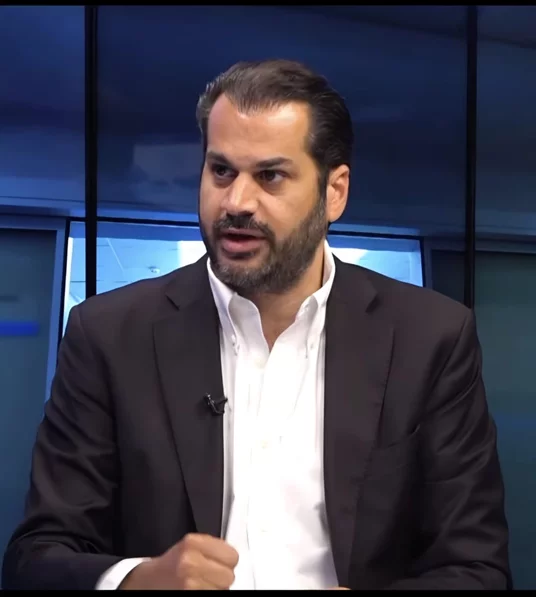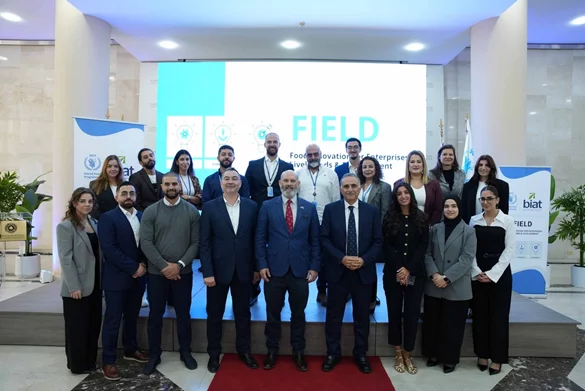Stop what you’re doing and focus on these words! That’s the recommendation from experts if you’re looking to preserve your brain function, after research suggests multitasking affects your memory.
Modern life dictates that you’re doing two, three, or four things at once. But new findings say that ‘media multitasking’ may affect your attention span in young adulthood.
According to new research published in Nature and cited by Scientific American, electroencephalography (a brain-measuring technique) was used to assess 80 young people aged between 18 and 26.
The subjects were shown a number of objects on a screen and asked them to rank in terms of pleasantness or size. After a 10-minute break they were reintroduced to the screen, and asked whether they’d added objects to the selection.
Brain and eye responses were measured and, as they observed their ability to remember the objects, could analyse any lapses in attention.
These results were then compared to a questionnaire they were asked to fill out, that quantified ‘everyday attention, mind wandering and media multitasking,’ the study says.
The media test found attention lapses and a decreased pupil diameter were more common – a key signifier for reduced attention. Prior to the memory exercises, attention gaps were linked with forgetting the earlier images as the result of episodic memory (recalling particular events), which is linked to reduced brain signal patterns.
Prior study has also indicated the link between poor episodic memory and media multitasking. ‘We found evidence that one’s ability to sustain attention helps to explain the relationship between heavier media multitasking and worse memory,’ the paper’s lead author, Kevin Madore, a postdoctoral fellow in the department of psychology at Stanford University, said. ‘Individuals who are heavier media multitaskers may also show worse memory because they have lower sustained attention ability.’
‘The work is important as it identifies a source of inter-individual variability when one is cued to remember information,’ cites Daphne Bavelier, a professor of psychology at the University of Geneva in Switzerland.
The findings, while indicative of the effects on using multimedia, is not suggesting a specific type or all media is more detrimental to the brain than another. For example, video games studies believe they actually improve memory and other beneficial variables. The study should help to pursue attention-training interventions and in fute improve those prone to distraction.








.webp)










.webp)





